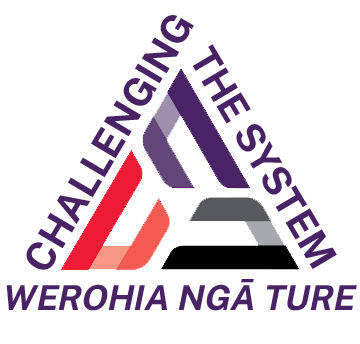Nurses must “be the change” and stand up for a health system under threat from racism and elitism, Tōpūtanga Tapuhi o Kaitiaki Aotearoa — NZNO chief executive Paul Goulter has told members.
“We are in every community and we are trusted,” said Goulter opening NZNO’s 2023 conference ‘Challenging the System’ last week. “Whether you like it or don’t, it falls to us to take leadership promoting and defending a model of a health system that works for us all.”
If the polls were right, the next few years would be challenging ones for workers and unions.
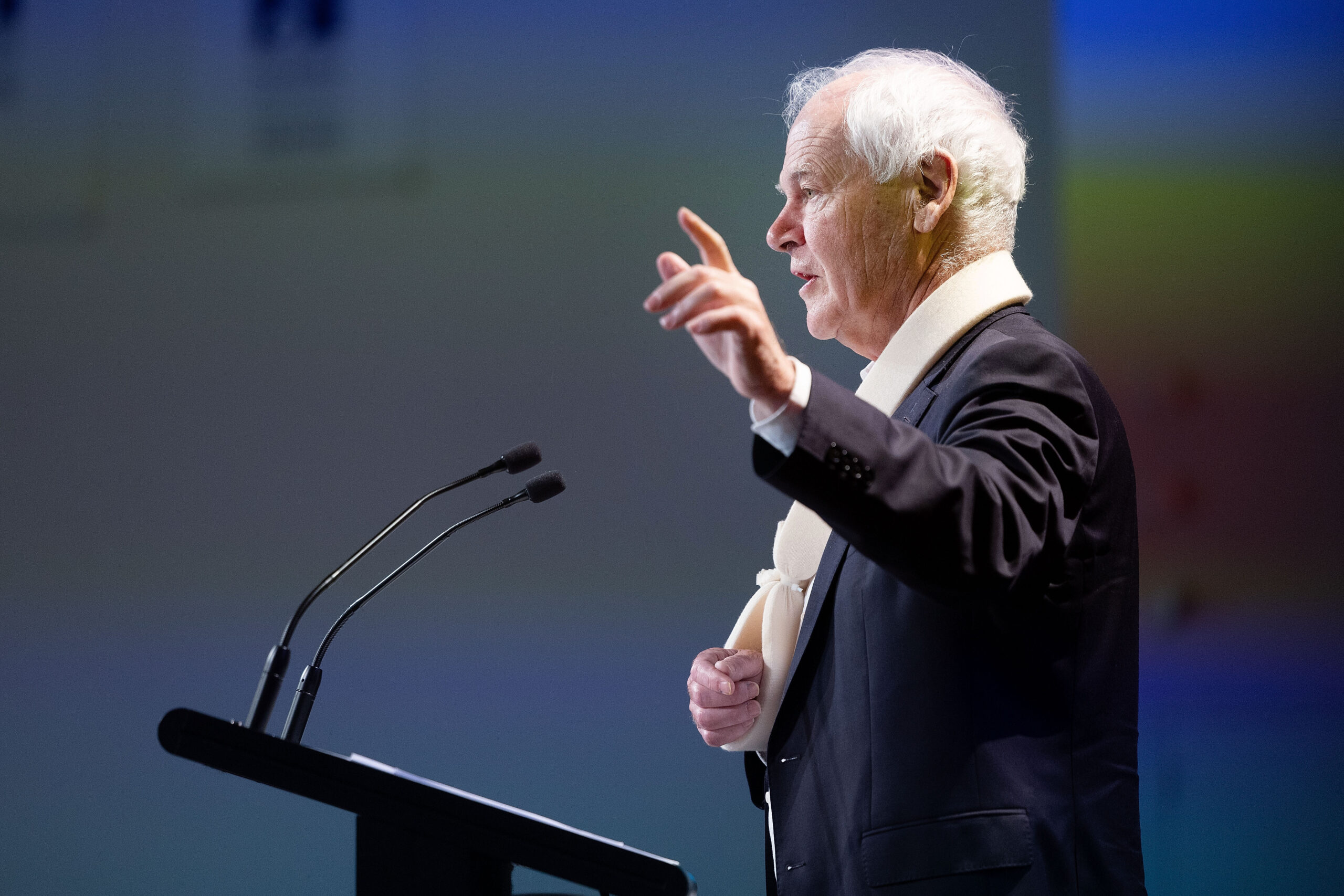
‘This is for our health system, this is for Māori — tangata whenua — and this is for our workforce.’
“Will we be complicit by our lack of action at allowing the introduction of a health system that is foreign to our values and racist in its nature? . . . A public service based around privatisation, underfunding and fundamentally for the wealthy?” he asked. “What standard are we going to set when it gets rough?”
As the largest group of health workers — NZNO’s membership had just hit 60,000, after another 8000 joined over the past year — it was the role of members to take the lead in resisting such changes, Goulter said.
“Remember this isn’t just for us — this isn’t self serving. This is for our health system, this is for Māori — tangata whenua — and this is for our workforce,” Goulter said.
“Our time, as NZNO, has come. In those famous words, ‘If not us, who? If not now, when?’ Maranga Mai!”
‘We will no longer be ignored, no longer be bullied, no longer be taken advantage of — no longer have our contributions rejected and will no longer be silent.’
Goulter said the health system needed to:
- Be more people and whānau-centred.
- Better serve Māori patients, whānau and workforce.
- Be safely staffed.
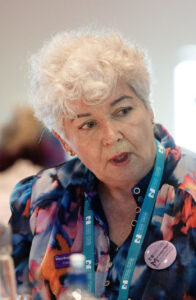
Many current challenges — staffing, pay levels and disparities, conditions and the erosion of the nurses’ role to other workers — he believed came down to “respect, and the lack of it”.
“That’s finished now . . . We will no longer be ignored, no longer be bullied, no longer be taken advantage of — no longer have our contributions rejected and will no longer be silent,” Goulter said.
NZNO’s Maranga Mai! strategy identified the priorities — but also “joins us up together, everywhere”.
Thanking delegates who had stood up “day after day” to fight for collective agreements, Goulter said members would no longer accept different salary rates based on their employers, rather than their “skills, knowledge, experience and responsibilities”.
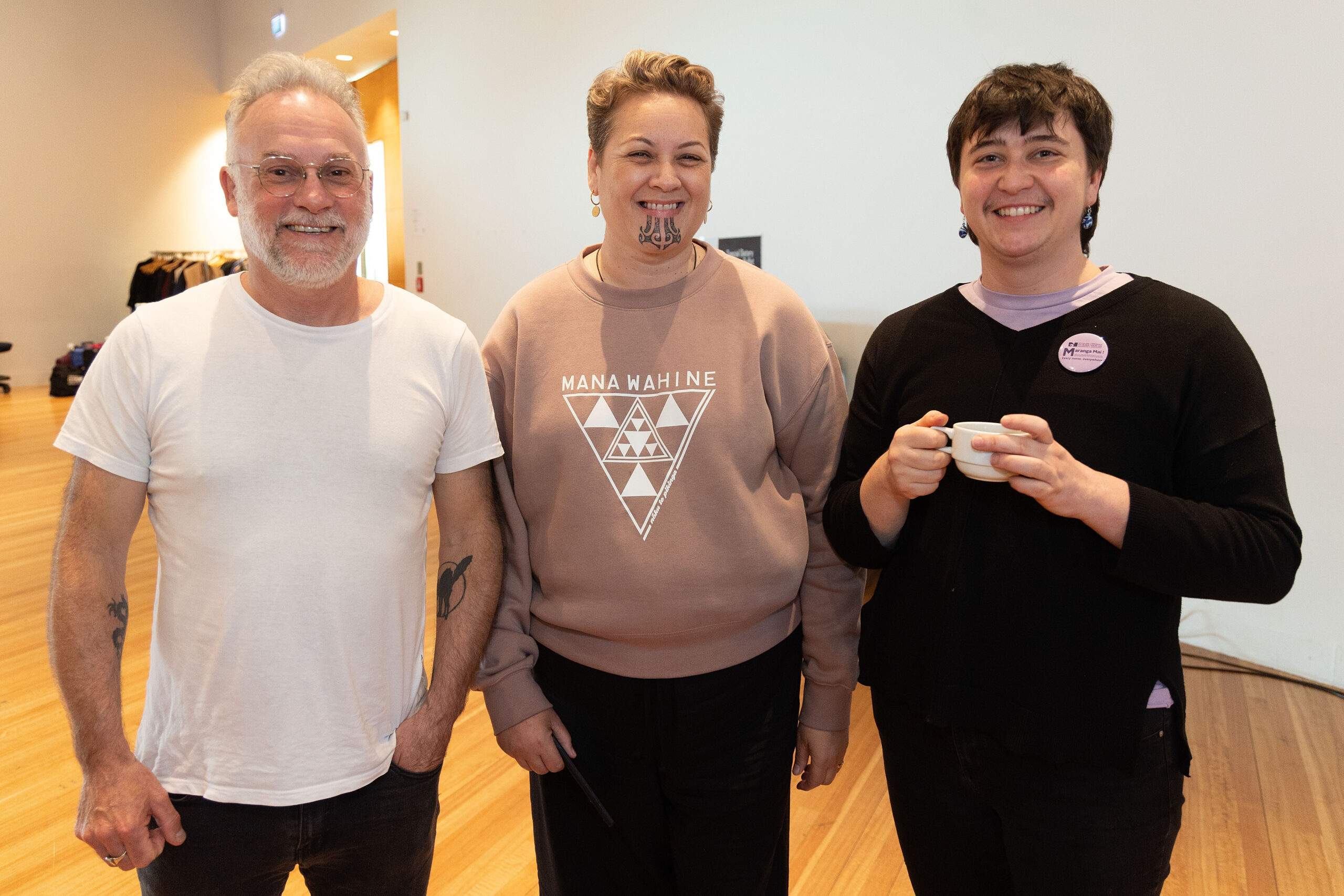
“This is a call to action . . . The time has come — we are back. NZNO is back. Disrespect us at your peril.”
Where is the love?
Former Te Whatu Ora chair Rob Campbell — sacked in February for breaching public servant impartiality requirements after criticising National Party anti-co-governance policies — said the health system was in “serious crisis” with a top-down rather than whānau-centred approach.
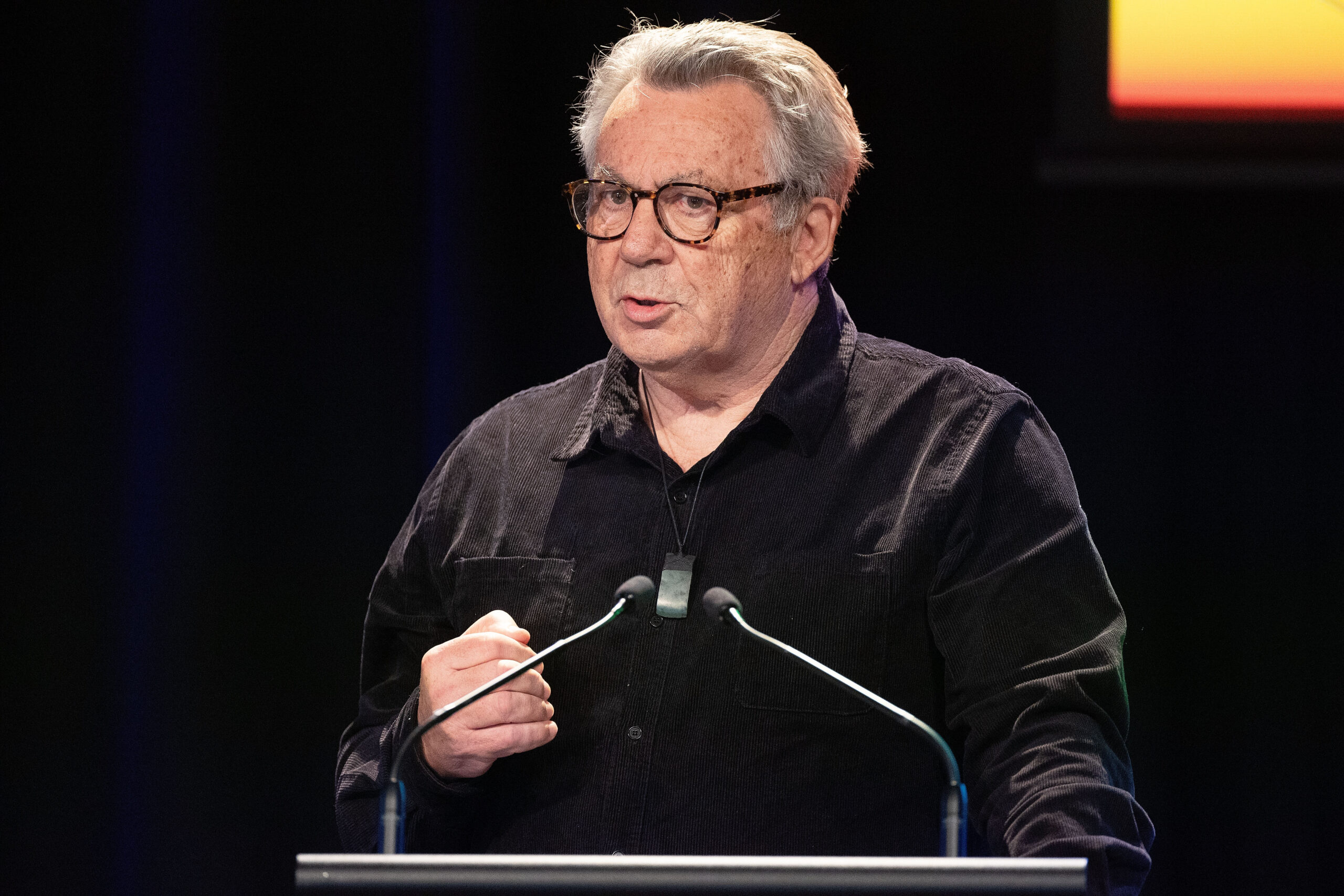
‘The hope that counts, and is realistic, comes from organisations like yours and people like you.’
Where next?
- Preparations are already underway for the next Te Whatu Ora collective bargaining process in 2024, with a focus on pay rises that match the cost of living and health and safety at work, says Goulter. “Whoever is government, it’s a fight we have to take on.”
- Pay parity for nurses/workers outside Te Whatu Ora, via a pay equity claim.
- A plan for aged care including “mega-employers” in a way that respects health workers. “If Te Whatu Ora won’t hold their feet to the fire, we’ll hold their feet to the fire.”
- Health & safety action, via legislation and direct action.
Te Whatu Ora leadership had promoted advice from retired US general Stanley McChrystal’s 2015 book ‘Teams of teams’, rather than putting people at its centre, he said. “By definition it meant building teams from above — it was precisely the wrong model”, with little union and professional involvement.
“[Nor were] basing your idea of service on love or aroha familiar to them,” Campbell said.
“The hope that counts, and is realistic, comes from organisations like yours and people like you.”
‘Real’ change comes from us
Real change came from unions and their members, as seen with the recent advances in nursing pay and conditions — inadequate as they were, Campbell said. Politicians and bureaucrats now claiming credit, had “resisted and prevaricated” for years.
“I consider the unions and other kindred organisations are the driving force for Pae Ora [2022 health reform legislation] and the only way its objectives will be achieved. You always were — but you really are now.”
A genuine power-sharing arrangement was needed — “being heard doesn’t on its own get you far”. But there were still ways to hold leaders to account, such as the legal obligation to bargain in good faith.
The health charter — Te Mauri o Rongo, too, supported union participation in decision-making and workers being treated fairly and with respect and dignity. Despite this, there was no union representation on Te Whatu Ora’s eight sub-committees. “Why not? Because the leadership is anti-union,” said Campbell.
Te Aka Whai Ora’s influential iwi-Māori partnership boards were also a good place for unions to connect, he said.
‘Whoever is government, it’s a fight we have to take on.’
‘Splitting and dividing’
Te Whatu Ora was good at “splitting and dividing” unions, insisting on separate negotiations. Campbell said it was time for the Council of Trade Unions (CTU) to “insist more strongly on working together”.
“They hate unions coming together . . . but divisions simply lead to lack of progress.”

In particular, he said Te Aka Whai Ora — the Māori Health Authority — and its quest to improve Māori health outcomes must be “defended” from any future attempts to “rip up” the current system.
Kaiwhakahaere Kerri Nuku said regardless of what happened in the October election, “we will continue to rise up — none of these politicians define the role of us”.



